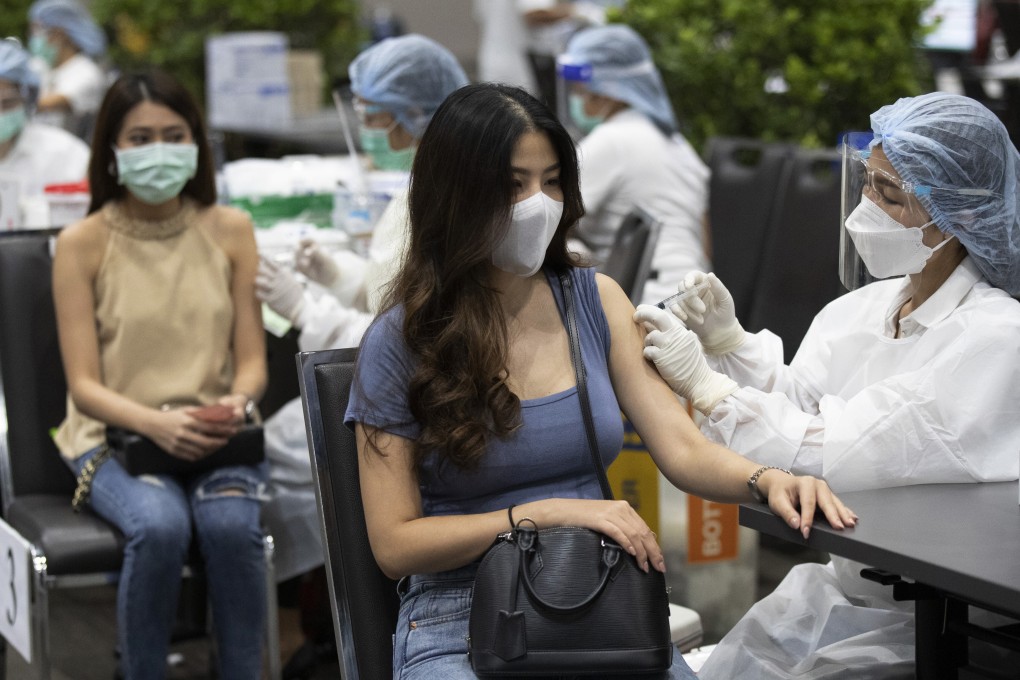Coronavirus: Thai princess allows vaccine imports as roll-out slows; Indonesian cleric Rizieq Shihab jailed for breaking curbs
- The announcement by Princess Chulabhorn comes as Thailand suffers its most severe Covid-19 outbreak so far and growing unease about the vaccine plan
- Some 5 million residents in Melbourne and Victoria state will spend a week indoors as more cases of the variant first detected in India are recorded

The secretary general of the Chulabhorn Royal Academy wrote on Facebook that the “alternative vaccines” would supplement the government campaign until it could meet the country’s needs.
The government, which has long insisted it must handle all vaccine imports, will next month start its mass immunisation drive, which relies heavily on AstraZeneca jabs manufactured locally by a company owned by the king.
“The Royal Academy will procure ‘alternative vaccines’ until vaccines that are produced in the country reach a capacity that can sufficiently protect against outbreaks,” its secretary general, Nithi Mahanonda, posted on Facebook, adding that it would comply with regulations on imports and registration. Health Minister Anutin Charnvirakul said he was unaware of the royal order before it was published.